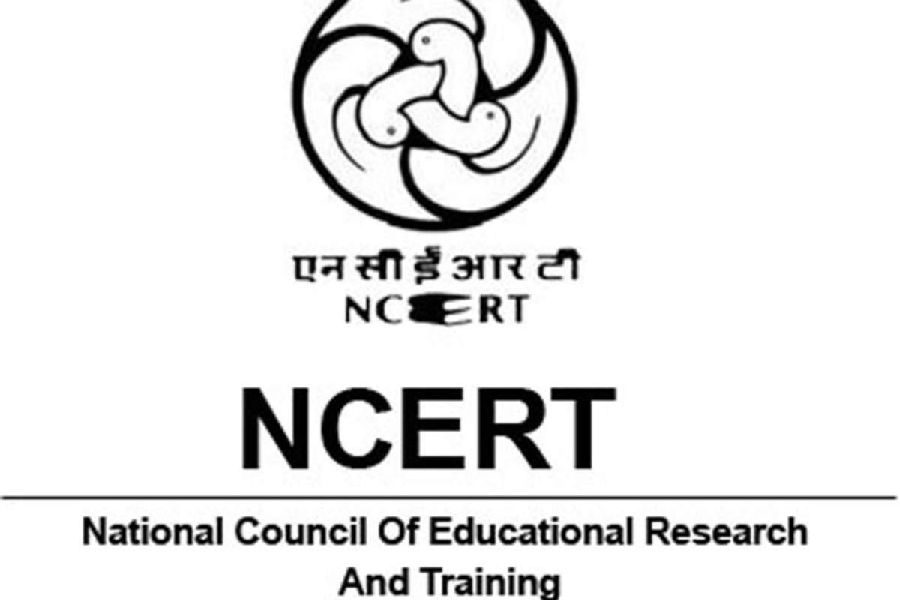A move by the education ministry to curb textbook piracy might end up creating a book shortage and setting the stage for more piracy. All thanks to the NCERT’s prior act of hollowing out its panel of approved printing agencies.
The ministry asked the national school textbook body to triple its print order this year to 15 crore books so that schoolchildren don’t have to turn to pirated editions.
However, the NCERT had already dropped over 100 among its empanelled offset printing agencies this year citing poor-quality printing, sparing only 15. Sources said it would take at least one more month to empanel new printers.
This has led to a situation where not more than 2-3 crore textbooks might get printed before the new school year begins in April, leaving the students reeling under a huge book shortage. This is likely to escalate the demand for pirated editions.
The shadow of piracy has always hung over the NCERT, whose textbooks are used by the country’s largest school board, the CBSE.
The textbook body has tended to place print orders for 5 crore books a year whereas the actual requirement is of 10-12 crore books, causing piracy to have a field day, insiders said. The pirated books use poor-quality paper and substandard printing.
Apart from being an anti-piracy measure, the tripled print order is also meant to meet an expected increase in demand arising out of the introduction of new books.
The NCERT will introduce new textbooks for Classes IV, V, VII and VIII in 2025-26, after having done so for Classes I and II in 2022-23 and Classes III and VI in 2024-25. The students will have to buy the books since they cannot borrow the old books used by previous batches.
Two printers said the NCERT had issued the expanded print order in December. However, its 15 empanelled printers have so far been able to print only about 1 crore books.
Last month, the NCERT sought applications for the enlistment of offset printers. “It will take at least a month for the printers to be selected. A book crisis is looming because of the abrupt axing of over 100 printers last year (apparently because their machines had been manufactured before the year 2000),” a printer, who did not wish to be identified, said.
An email has been sent to NCERT director Dinesh Prasad Saklani seeking his reaction to the concerns expressed by printers about a possible textbook shortage in 2025-26. His response is awaited.
NBT offer
The National Book Trust (NBT), a government agency that publishes fiction and non-fiction books, has requested orders to print NCERT textbooks.
An education ministryofficial was sceptical, saying the NBT had never handled large-scale printing. Still, the ministry has sought comments from the NCERT on the NBT offer.
“The volume of all the books printed by the NBT is 10 per cent of what the NCERT requires. The NBT publishes 3,000 copies of each new book in children’s literature and about 1,000 copies of any other new book it brings out,” the ministry official said.
He said the print order for a particular NCERT textbook can go up to 10 lakh copies. “The NBT has volunteered for the job but it may not be able to deliver,” the official said.
The key post of joint director has been vacant for the last seven years in the NBT’s production department, as are those of three assistant directors.










